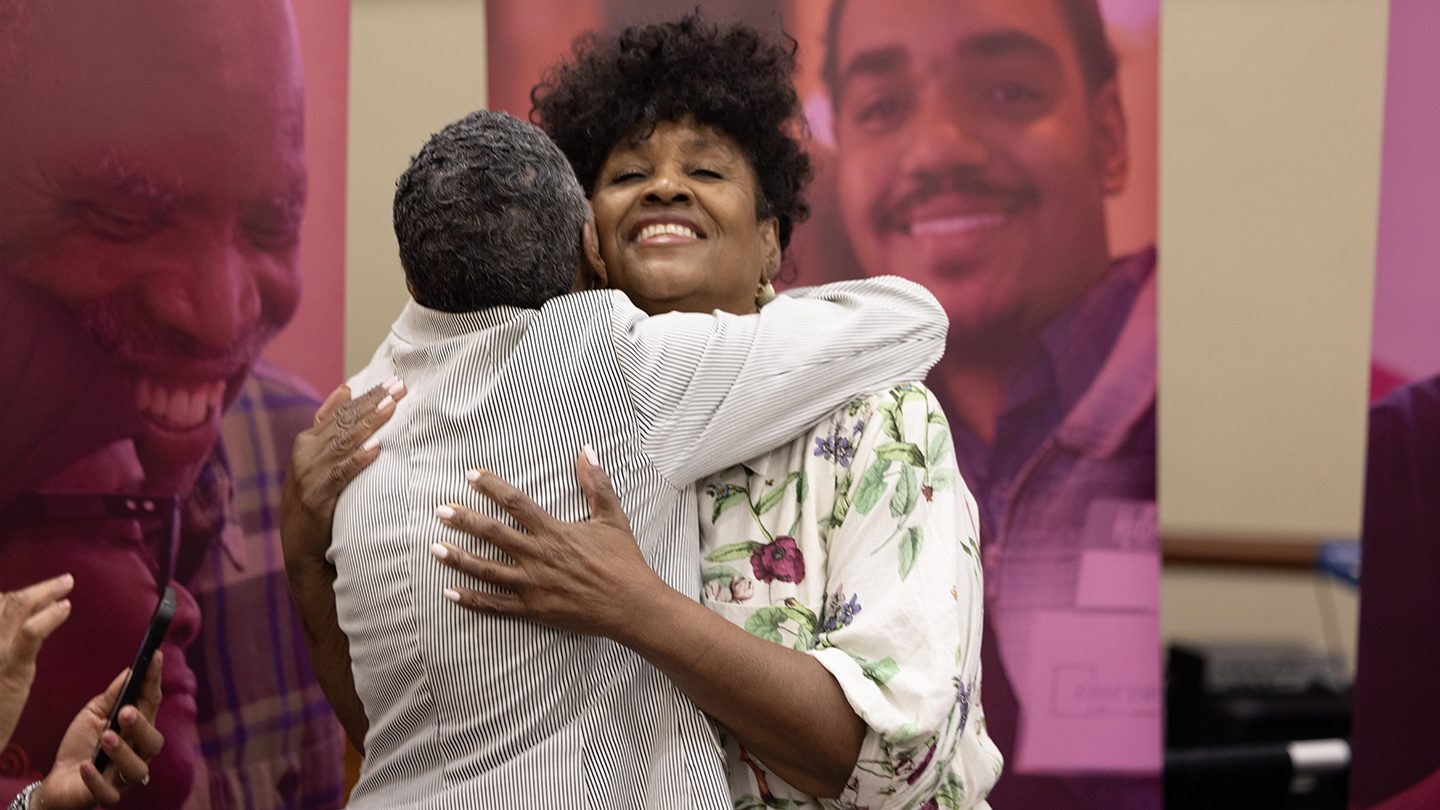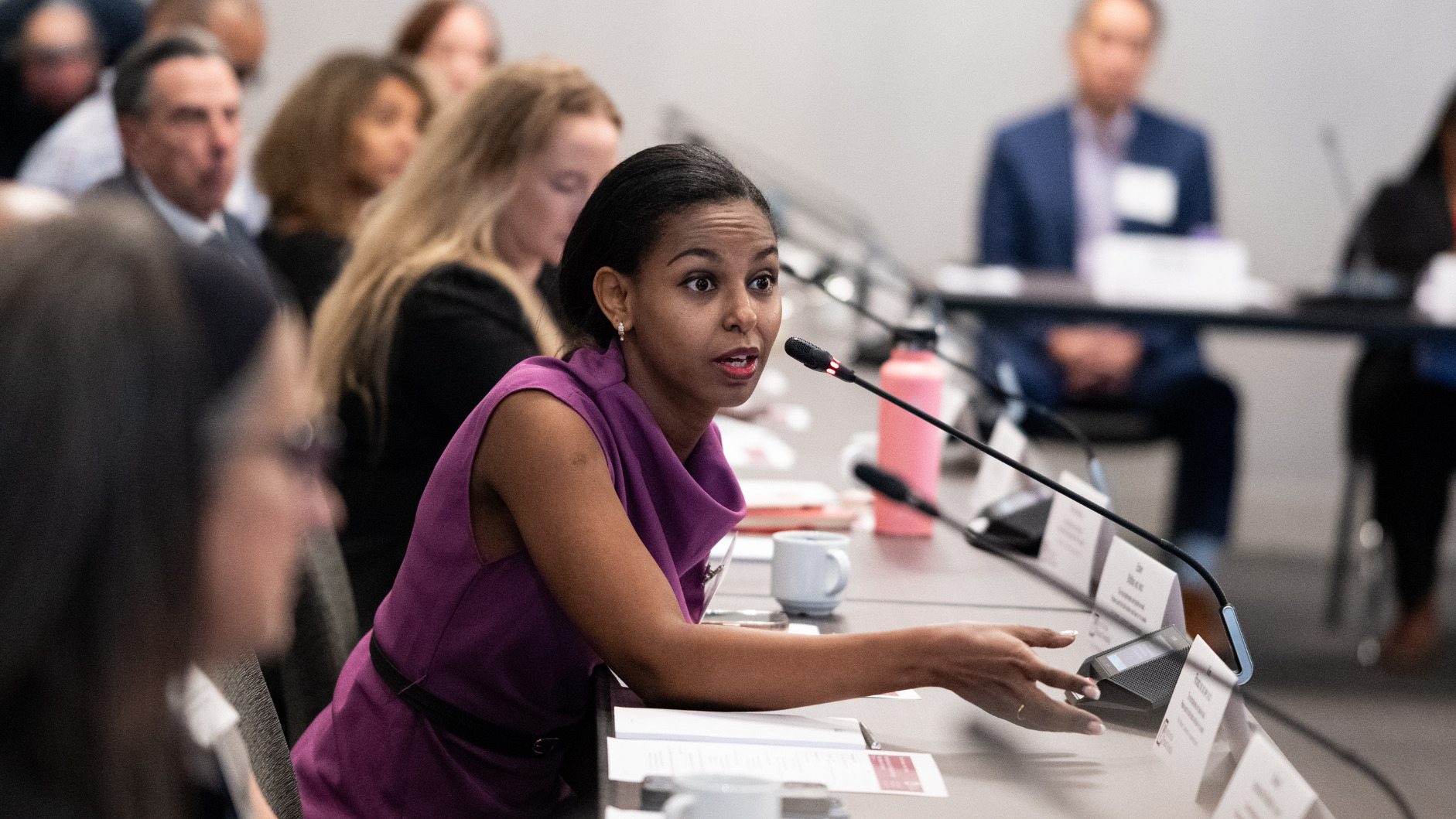
Empower Patients
and the Community
Empowering the entire myeloma community with meaningful education and support is critical to achieving better outcomes.
Multiple myeloma can affect anyone, but not all patients receive a timely diagnosis or have equitable access to the latest standard of care, therapies, or clinical trial opportunities.
We provide high-quality education and support for myeloma patients and their families, as well as for their healthcare providers, to improve care and extend lives, with a focus on reaching historically underserved patient populations. Our programs and partnerships with the myeloma clinical and research community meet patients where they are to advance more equitable access to information and care to drive better outcomes for every patient.
Patient Navigation Center
Navigating a new diagnosis and variety of treatment options can be complex. Our Patient Navigation Center enables multiple myeloma patients and caregivers to connect with patient navigators for information and support. Patients can connect with a patient navigator via phone, email, or online web form.


Myeloma Mentors
There are times when patients have questions during their journey with myeloma that only another patient or caregiver can answer. Our Myeloma Mentors program provides patients and caregivers the opportunity to connect with trained mentors. These mentors are fellow patients and caregivers who share personal insights to help inform, activate, empower, and support the multiple myeloma community.
Education Programs
The MMRF provides patients, caregivers and healthcare providers with the education and tools they need to make smarter treatment decisions and ultimately optimize patient care. We empower patients with on-demand content and resources, webinars, patient summits, brochures, as well as CME-accredited programs for healthcare professionals.


Community Outreach & Partnerships
Despite the high incidence of myeloma in the Black community, there are many barriers that prevent Black and other underserved patients from receiving the latest standard of care treatment, timely diagnoses, and optimal outcomes when compared to other patient populations. Multiple Myeloma Community Connect is a national event series hosted by the MMRF and Acclinate’s NOWINCLUDED in communities where there is a high incidence of myeloma.
MMRF Annual Summit
The summit brings together healthcare leaders, government partners, and community organizations who all share one goal: ensuring fair access to care, support, and research opportunities for every patient. Together, we work to better understand the challenges patients face and take real steps toward creating a more fair and inclusive healthcare system.


